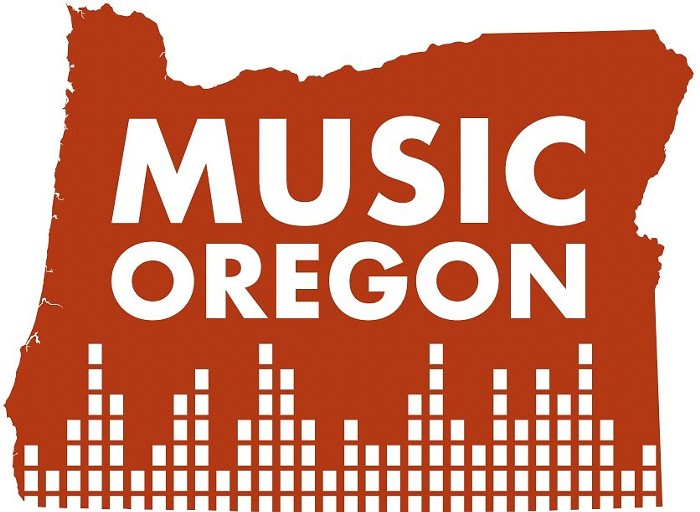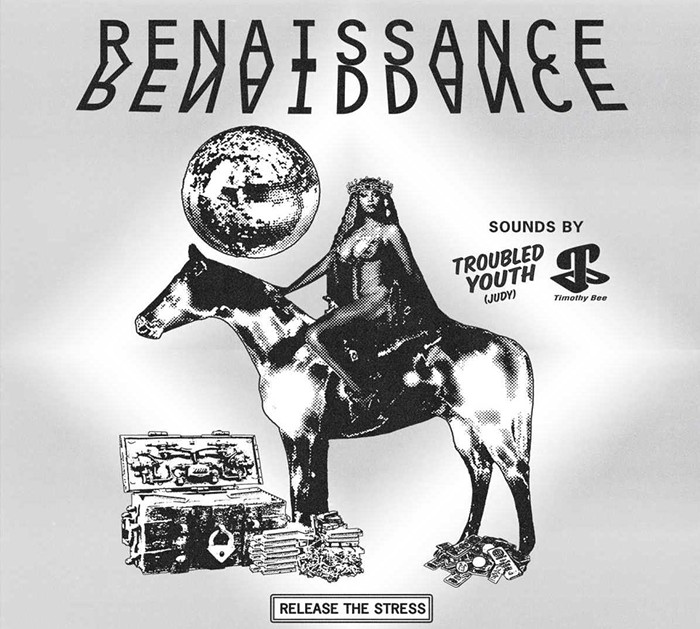Earlier this year, the Michael Jackson album Xscape kicked off with "Love Never Felt So Good," a studio-rigged duet between Justin Timberlake and Jackson's ghost. The team-up was a no-brainer: Not only will comparisons to Jackson forever haunt Timberlake, but at his best, Timberlake makes the same kind of transcendentally great pop that Jackson did with Off the Wall.
But the track, despite the production efforts of Timberlake's fairy godfather, Timbaland, wasn't great—flat and forced, it negated both Jackson and Timberlake's talents. It was by the numbers, and the numbers didn't add up.
Which is weird, because Timberlake's early career is so by the numbers—from Star Search to The Mickey Mouse Club to NSYNC—that it might as well be an algorithm for pop stardom. If anyone embodies corporate America's celebrity-creation machine, it's Timberlake. Thankfully, there's something that makes him different from the rest: Justin Timberlake gives a shit.
HISTORIANS DEFINE the Timberlake Era as technically beginning with the NSYNC Incursion of the late 1990s and early 2000s (as evidenced with "Bye Bye Bye" and "It's Gonna Be Me"), sort of beginning when Timberlake ditched his dumb buddies and embarked on the Justified Expansion of 2002 (as evidenced by the "Cry Me a River" video, which featured Timberlake breaking into the home of his ex, Britney Spears, in order to film and then leave behind a sex tape, as we've all done from time to time), and actually totally for real beginning in 2006, with the Holy Shit Blitzkrieg that was FutureSex/LoveSounds (as evidenced by the entire goddamn album, which remains a thing of gleaming, crystalline beauty). FutureSex is the kind of perfect pop album that comes along once a decade, thrumming and thumping, building and spinning, never hitting a soft spot. Throw on "What Goes Around" or "Summer Love" or "My Love" or any other song from FutureSex and try not to move your ass. You will fail.
That's partly formula: With its shameless exploitation of Timberlake's sex appeal, "SexyBack" is basically an NSYNC single for grown-ups. But FutureSex's great moments are its more surprising ones, particularly those that veer into hiphop: Listening to "It's Gonna Be Me," anyone could've seen "SexyBack" coming, but nobody who heard "Bye Bye Bye" would've guessed that a few years later, Timberlake would hold his own with Three 6 Mafia on "Chop Me Up." Timberlake gave us what we didn't know we wanted.
"GIMME WHAT I DON'T KNOW (I WANT)" is arguably the best track off of Timberlake's The 20/20 Experience—an album that, when released last year, brought an end to what United Nations Secretary-General Ban Ki-moon famously characterized as "the Dark Times," those seven long years during which, in the absence of a new Timberlake album, countless lesser pop stars were born, rose, fell, and were executed. As if making up for lost time, Timberlake returned not with just an album but a tour with Jay-Z, on which the two played out the bewildering if excellent narrative that they'd always been BFFs. That tour—at least the stop I hit, in Vancouver, BC—was phenomenal, giving ample explanation for The 20/20 Experience's lack of punch.
Dreamier and slower than FutureSex, 20/20 can sound slack through headphones. On tour, Timberlake transformed it; having cast aside NSYNC's herky-jerky dance routines, he strolled the stage with debonair ease. A few songs off of 20/20 still move (the finger-snapping disco of "Take Back the Night," the profoundly Timberlakian ballad "Mirrors," the spaced-out soul of "Strawberry Bubblegum"), but the swagger is dialed back. When Timberlake crooned Sinatra's "New York, New York" as a lead-in for Jay-Z's "Empire State of Mind," it suddenly made sense why he debuted The 20/20 Experience with a stiff single, "Suit and Tie," an R&B throwback to big-band suaveness, its black-and-white video directed by David Fincher.
IT WASN'T THE FIRST TIME Timberlake worked with Fincher. During the Dark Times, Timberlake appeared in Fincher's The Social Network and the Coen brothers' Inside Llewyn Davis. Given his fame, he no doubt had opportunities for showier roles, but aside from a few dives into the dignity-draining depths of Hollywood (voicework for Shrek and Yogi Bear, enduring The Love Guru), Timberlake used the skills that've served him as a five-time Saturday Night Live host—commitment, confidence, charisma, and a charming willingness to look like an idiot—in smaller, more daring movies. No doubt there's a script for The Bring It on Down to Veganville Movie on Lorne Michaels' laptop, but instead Timberlake worked with Richard Kelly, who scarred him up for Southland Tales; with Craig Brewer, who made him wheeze through panic attacks in Black Snake Moan; with Andrew Niccol, who had him spout dystopian exposition for In Time. Timberlake's very good in these. Not very many people saw them. Meanwhile, his "SexyBack" video has 45 million YouTube views.
What seems confounding—a hard left turn into comparatively little-seen cinema—shows one of Timberlake's smartest tendencies. None of us living in the Timberlake Era can deny he has all the singing, dancing, acting, and dick-in-a-boxing skills that a mortal can possess. Yet at no point has Timberlake sat back, content. Instead he keeps working, collaborating with people who make his work better: Fincher and the Coens behind the camera, the Neptunes and Timbaland behind the soundboard.
TIMBERLAKE GIVING A SHIT about what he does is why he's so great live; the rest of us giving a shit about what he does is why his Portland show is sold out. For those of us without tickets, some comfort: The Timberlake Era is far from over. There might be more Dark Times—there might even be a few more missteps, like "Love Never Felt So Good." But what was that song if not Timberlake formally claiming his inheritance to the throne of the King of Pop? And declaring that he has no plans to abdicate?




















